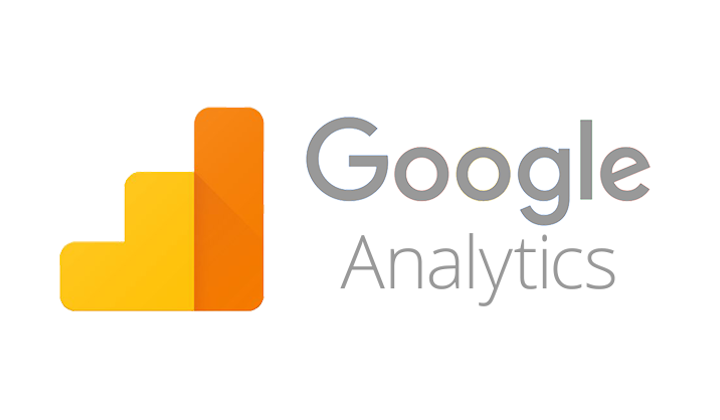
It wasn’t that long ago that data was a necessary but costly business byproduct that many companies shelved on leftover and decommissioned hardware, and only because they were legally required to do so. That’s changed, of course. Data’s value has grown exponentially in just the last few years because we’ve found that when you combine, analyze and exploit it in the right ways, it can tell you some amazing things about your company and your customers.
A big step in that direction is the concept of “data democratization.” The idea is simple. When you make data available to anyone at any time to make decisions, without limits related to access or understanding, you’re able to realize the full value of the data you maintain. Where IT was once the gatekeeper of data, new tools and technologies help any user gain access. Insights from that data can be developed by anyone, not just a data engineer or data scientist.
Case in point: Many analytics platforms offer some level of universal access to information, but the ability to use it is inherently restricted to people who understand how to use complex analytics tools. However, self-service tools, like Zaloni, are helping to democratize those analytics platforms. By combining drag-and-drop user interfaces with a powerful data catalog used to search for data, these tools can help non-technical users identify relevant data sources and create new datasets tailored specifically for an analytics task.

Data democratization isn’t just a benefit for end users, it liberates data scientists as well. With users able to run their own queries, data scientists and engineers can spend more time identifying data sources, preparing them for ingestion, and cleaning and documenting them for use.
Implementing modern, self-service enabled tools raises new questions about security and privacy, so it’s important for companies to have governance in place that can ensure data is carefully managed. Additionally, anyone who plans to use these tools still needs to receive training—not only on how to use the tools, but how to ask questions and seek insights that are valuable to the company. Having governance in place for your self-service tools ensures data privacy and data quality, provides data lineage, and allows a company to provide role-based access control to data. Zaloni’s UI, for example, ensures self-guided access to data to easily get answers to questions and access pertinent data. In today’s highly regulated world, right-sized data governance and role-based security have become a requirement, not just a nice to have.
Many companies have been accumulating vast troves of data that contains a lot of unrealized value. Implementing tools that give everyone access to that data and help them explore new ideas and connections is likely to result in some surprising and valuable discoveries.






